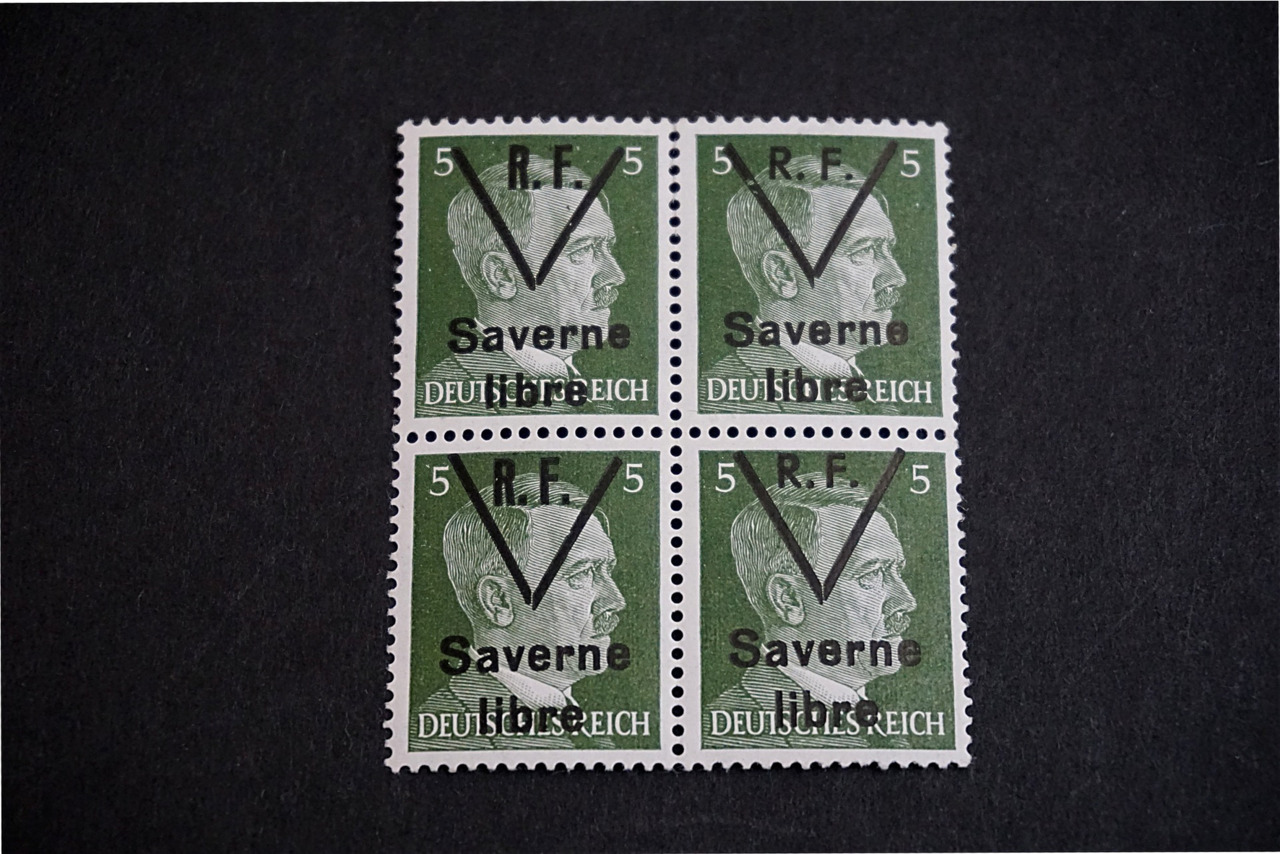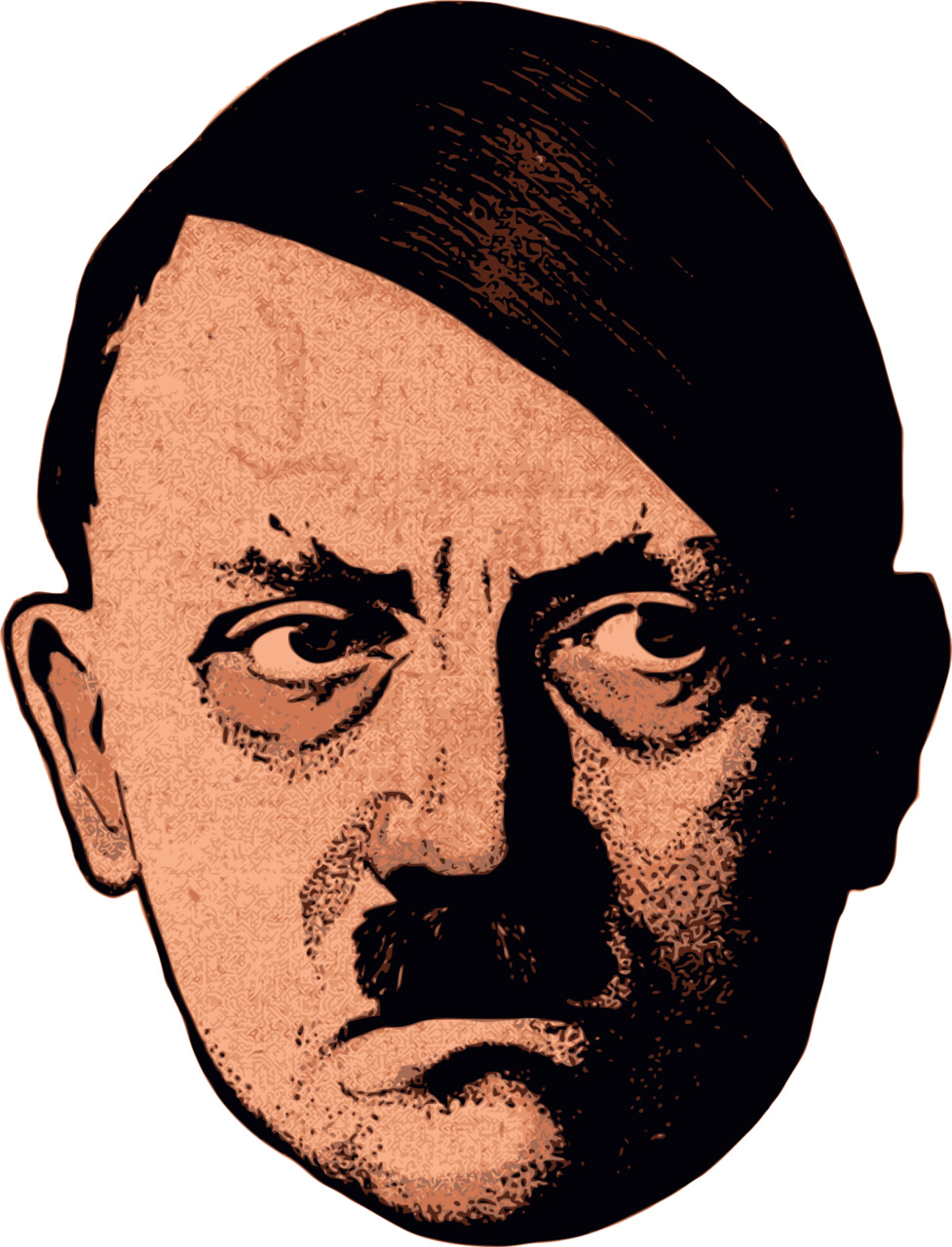
Бесплатный фрагмент - German politician Adolf Hitler
Power and rare facts
Adolf Gitler. The founder and central figure of National Socialism, the founder of the totalitarian dictatorship of the Third Reich, the leader of the National Socialist German Workers Party, the Reich Chancellor and Führer of Germany, the supreme commander-in-chief of the German armed forces in World War II.
Before his death, Hitler bequeathed his entire personal fortune to his sister Paula.


Biography of Adolf Hitler
Adolf Hitler (born in 1889 — died in 1945)
The head of the German fascist state, a Nazi criminal. The name of this man who plunged the peoples of the world into the crucible of World War II is forever associated with the most terrible, most massive crimes against humanity.
Born Adolf Hitler April 20, 1889 in the Austrian city of Braunau on the Inn in the family of Alois and Clara Hitler. About his ancestors, and even about the father himself was known to such a degree that it caused a lot of rumors and suspicions among the approximate Hitler, up to the point that the Fuhrer was a Jew.
He himself wrote about his ancestors in the book “Mein Kampf” rather vaguely, pointing out only that his father worked as a customs officer. But it is known that Alois was the illegitimate child of Maria Schicklgruber, who at that time worked for the Jewish Frankenburger.
After that, she married Georg Hitler, who recognized his son only in 1876, when he was already under 40. Adolf’s father was married three times, the third time he even needed permission from the Catholic church, because the bride of Clara Peltsl was with him in close relationship.
Talk about the origin of Hitler ceased only after January 1933, when he came to power. According to the latest biographers, Adolf Hitler is a product of incest, because his paternal grandfather was simultaneously a great-grandfather of the maternal, and the father was married to the daughter of his half-sister.
Clara Hitler gave birth to six children, but only two could survive — Adolf and Paula. In addition to them, two Alois children were brought up from the second marriage — Alois and Angela, whose daughter Heli became the great love of Adolf. His own sister, to whom he subsequently related in a fatherly way, since 1936 led his farm, and there are reports that she could secretly help people sentenced to death on behalf of their brother.
Considering that Adolf should become an official and take a proper position in society, the father decided to give him a good education. 1895 — the family moved to Linz, and Alois retired, then bought a farm near Lambach with 4 hectares of land, an apiary.
In the same year, the future Fuhrer went to the first grade of primary school. There he, the mother’s favorite, happened to learn what discipline, compliance and subordination are. The boy studied well. In addition, he sang in the choir at the Benedictine monastery, in his free time took singing lessons, and some of the mentors believed that in the future he could become a priest.
However, at the age of 11, Adolf told his father that he did not want to be a civil servant, but wanted to become an artist, especially since he really had great abilities for drawing. Curiously, he preferred to depict frozen forms — bridges, buildings, and never — people.
An angry father sent him to study at a real school in Linz. There, Adolf was carried away by the ardent nationalism displayed by the Germans living in Austria-Hungary, and he and his comrades, greeting each other, began to say: “Heil!”.
Artist-loser
He was greatly influenced by the lectures of the teacher of the history of the German nationalist Petch. 1903 — Father unexpectedly died, and in the following year, Hitler was expelled from the school for his poor academic performance. Three years later, at the insistence of his mother, he tried to enter the Academy of Fine Arts in Vienna, but failed. His work was considered mediocre. Soon the mother died too.
The second attempt to enter the academy was also unsuccessful, and Adolf, confident in his talent, blamed the teachers for everything. For some time he lived in Vienna with his friend August Kubichek, afterward left him, wandered, and then settled in a male hostel.
He drew small pictures with views of Vienna and sold them in cafes and taverns. During this period, Hitler often began to fall into tantrums. There, in taverns, he approached the radical circles of Vienna and became an ardent anti-Semite. He did not tolerate the Czechs, but he was convinced that Austria should join Germany.
One year before the First World War, Adolf, avoiding conscription to the Austrian army, because he did not want to be in the same barracks with the Czechs and other Slavs, moved to Munich. Immediately after the declaration of war, he volunteered to join the German army, becoming a soldier of the 1st company of the 16th Bavarian Infantry Regiment. 1914, November — for participation in the battle with the British at the town of Ipra, Hitler was promoted to the rank of (corporal) and, on the recommendation of the adjutant of the regiment commander, the Jew Hugo Gutman was awarded the 2nd grade Iron Cross.
With fellow soldiers, the future Fuhrer behaved with restraint, with a sense of superiority, he liked to argue, uttering loud phrases, and somehow, having molded figurines from clay, he addressed them with a speech, promising to build a people’s state after the victory. If the situation permitted, he constantly read Schopenhauer’s book “The World as Will and Representation.”
Even then, the basis of Adolf’s philosophy of life was his statements: “Right on the side of power,” “I do not suffer from bourgeois remorse,” “I deeply believe that fate has been chosen for the German people.” He received deep satisfaction from military operations, did not experience horror and disgust at the sight of suffering and death. 1916, September — he received a shrapnel wound in the thigh, was sent to the Berlin hospital, but, having plunged there into an atmosphere of pessimism, poverty and hunger and accusing the Jews of all this, in December he hastened to return to the front. 1918, August — it was presented by the same Hugo Gutman awarded the Iron Cross of the 1st degree, than Adolf Hitler was very proud.
In October, he received heavy poisoning with mustard gas during a gas attack by the British and again found himself in a hospital. There he was informed of the surrender of Germany, and he, on the basis of his conviction in his election, decided to become a politician. This decision successfully coincided with the sentiments in the country caused by the November revolution, the disgrace of the Versailles peace, inflation, unemployment and the people’s hope for the emergence of a leader who could lead Germany out of the impasse.
The development of racist views that proclaimed the Aryo-Germanic God-man the apex of human development, occultism, esotericism and magic, the pillars of which were Elena Blavatsky, Gerbiger, Gaushofer, Aleister Crowley. Gerbiger’s pupil Zobettendorf founded the secret society “Thule”, where Hitler got acquainted with the set of knowledge of ancient secret cults, mystical, demonic and satanic movements and received an additional stimulus to the already formed anti-Semitism.
Adolf Hitler is my struggle
In the same year 1918, one of the pupils of Zobettendorf Anton Drexler founded a circle of workers that grew into speed in the German Workers’ Party. Adolf was invited to it as a good speaker. Before that, he took a course in political education and worked among soldiers returning from captivity and in many cases infected with Marxist propaganda. Adolf Hitler’s speeches focused on such topics as “November criminals” or “Jewish-Marxist world conspiracy”. He invested a lot in Adolf as a speaker and politician, Dietrich Eckert — writer and poet, head of the newspaper “Felkischer Beobachter”, an ardent nationalist and one of the founders of the society “Tula”. Eckert worked on his speech, writing, manner of speaking, magical techniques of winning the audience, and also on good manners and art to dress well; introduced him to fashion showrooms.
1920, February — Adolf proclaimed the program of the party in Munich’s Hofbräuhaus beer garden, which soon received a new name — the National Socialist Workers Party of Germany (NSDAP), one of whose leaders, despite the opposition of some veterans of the movement, he became. After that he had guards with faces of criminals. Every evening Adolf Hitler bypassed Munich’s beerhouses, speaking out against the Jews and the dictates of Versailles.
His fiery, hateful speeches became popular. In one of the speeches in the Austrian city of Salzburg, he outlined his program on the “Jewish problem”: “We must know whether our nation will be able to acquire health in time and whether the Jewish spirit can be somehow eradicated. Do not expect that you can fight against the disease without destroying the carrier of the infection without killing the bacilli.
Бесплатный фрагмент закончился.
Купите книгу, чтобы продолжить чтение.
